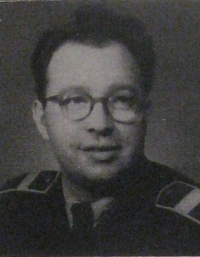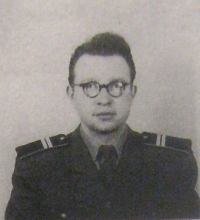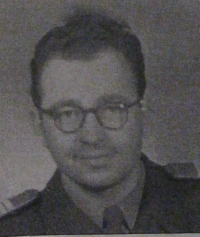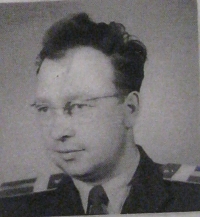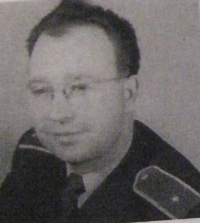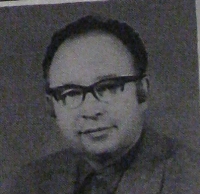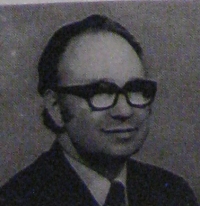When Slánský tried to hang himself, he saved him. Only for him to get the rope at Pankrác later.
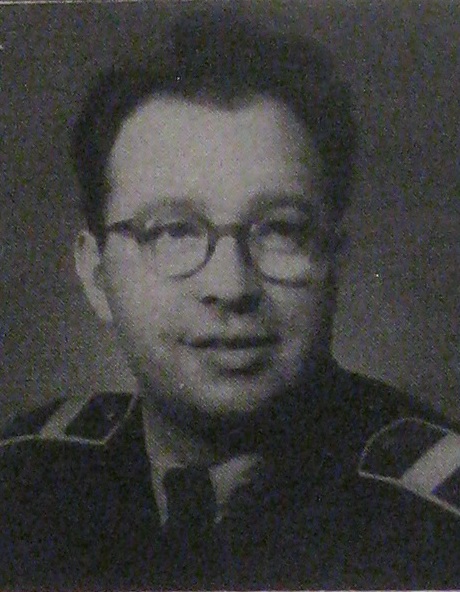
Download image
František Horák was born on September 25, 1927 in Roveň. His father, a local tailor, was a legionary during the First World War. In 1945, František Horák got his apprenticeship as a tailor and worked in a clothing factory until 1949, when he joined the army. In 1948, he joined the Communist Party of Czechoslovakia and during his time in the military he was selected for a small special task unit. During the political trials in 1951, he became a guard for arrested communist officials, first at a castle in Koloděje, and later at a prison in Ruzyně. He managed to prevent the suicide of Rudolf Slánský. After his military service, he joined the National Security Corps (SNB). From the beginning of 1953, he was a part of the Jeřáb unit in the Jáchymov region. There he worked for four months as a guard in a labor camp at Barbora Mine. He was then transferred to other labor camps, namely Bytíz near Příbram and Radvanice in the Trutnov region. After the Jeřáb unit’s dissolution, he worked for the Public Security for Railways for ten years. Then he worked as an economist in the economic and financial department of the district department of Public Security, where he also kept records of weapons. For the last few years of his service he was a supervisor in the Border Guard. He retired in 1983. He was a supporter of communism all his life. In 2022, František Horák was living in Božičany in the Karlovy Vary region.
